In Yaoundé and Douala, demonstrations have been mostly peaceful but increasingly vocal, with protesters chanting “50 years is enough.”
Security forces have maintained a visible presence around government buildings, and officials insist that public order will be maintained.
By Dr. Elias Koffi, Translated and Edited by The Independentist Desk Yaoundé, Cameroon — October 21, 2025
Recent leaks from sources close to Cameroon’s presidency suggest growing turmoil within President Paul Biya’s inner circle following the October 12 presidential election, which independent observers describe as deeply contested.
According to these sources — claims that cannot be independently verified — senior officials at the presidency and election authorities allegedly discussed steps to alter or delay results that initially appeared to favor opposition figure Issa Tchiroma Bakary. Observers linked to civil society groups had projected Tchiroma in the lead with around 60% of the vote, though ELECAM, the official electoral body, later announced that Biya had won with 53.66%.
Disputed Results and Alleged Palace Division
Individuals described as insiders at the Etoudi Palace told this publication that a crisis meeting was convened on October 13 by Ferdinand Ngoh Ngoh, Secretary-General of the Presidency, after reports of early tallies showing strong opposition gains in the North, Littoral, and Douala regions.
According to one source, France’s ambassador in Yaoundé, Bruno Foucher, privately encouraged calm and advised Biya’s camp to respect the process to prevent unrest similar to what has occurred in parts of the Sahel. The French embassy in Yaoundé has not commented publicly on these claims.
Government officials contacted for comment referred inquiries to ELECAM and the Constitutional Council, both of which have dismissed allegations of manipulation as “unfounded and politically motivated.”
Health Concerns and Leadership Uncertainty
At the center of the growing speculation is President Paul Biya, who is 92 years old and has led Cameroon since 1982.
Diplomatic and media reports in recent years have raised questions about his health, though the government has consistently stated that the president remains “in full possession of his faculties.”
New leaks claim that Biya underwent medical treatment in Switzerland earlier this month, described officially as a “working visit.” According to unverified notes shared anonymously, he may be battling prostate-related complications. These claims, which could not be independently confirmed, have fueled debate about the stability of his leadership and the concentration of power within his entourage.
The Role of Brenda Biya
Adding to the political tension, Brenda Biya, the president’s daughter, has published several videos on social media criticizing the government and calling for generational change. In one widely circulated clip on October 18, she referred to the administration as “out of touch” and urged young Cameroonians to “reclaim their future.”
While some see her comments as the personal expression of a frustrated family member, others interpret them as a symptom of deeper divisions within the ruling elite.
Neither the presidency nor members of the Biya family have commented publicly on her statements.
Emerging Factions Within the Regime
Observers note increasing signs of tension between Ferdinand Ngoh Ngoh’s faction, seen as aligned with the security establishment, and moderates associated with former Prime Minister Philemon Yang.
Analysts suggest that Yang’s camp may favor a transition of power to preserve stability and avoid potential sanctions, while hardliners are determined to maintain continuity.
Political analyst Dr. Justine Mbah of the University of Douala told this publication:
“The leaks, whether genuine or not, reflect a perception of fragmentation inside the ruling party. After more than four decades of centralized control, even small cracks appear significant.”
Socioeconomic and Regional Pressures
The election controversy comes amid ongoing economic hardship and unresolved conflict in the Anglophone regions, where violence between security forces and separatist fighters has displaced more than 700,000 people since 2017.
For many citizens, the election raised hopes of renewal but also fears of instability.
The Catholic Church and several civil society groups have called for restraint and transparency as the Constitutional Council prepares to rule on the final results by October 27.
International Reaction and What Lies Ahead
International partners, including France, Nigeria, and the African Union, have appealed for calm and for disputes to be resolved through legal and constitutional means.
In Yaoundé and Douala, demonstrations have been mostly peaceful but increasingly vocal, with protesters chanting “50 years is enough.”
Security forces have maintained a visible presence around government buildings, and officials insist that public order will be maintained.
Whether the current crisis leads to reform or renewed confrontation remains uncertain.
As one civil society leader remarked:
“This moment will test whether Cameroon can transition through dialogue or repeat its old patterns of power and denial.”
Dr. Elias Koffi is a political researcher and former consultant on governance and institutional reform.
He writes here in his personal capacity.
Translated and Edited by The Independentist Desk.













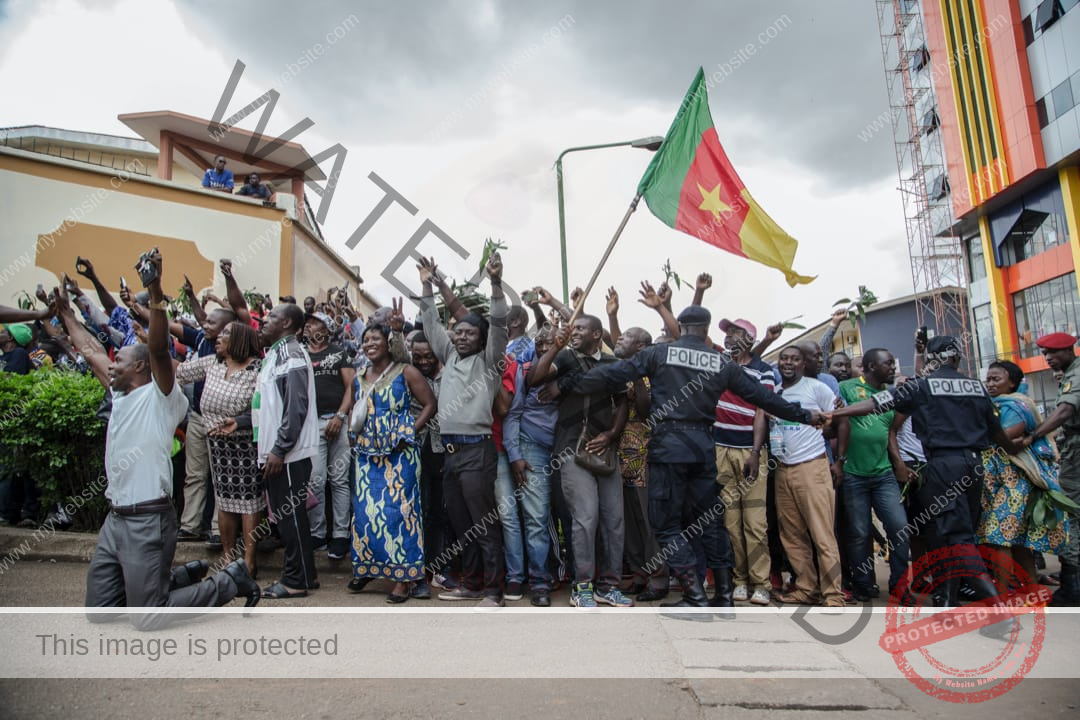
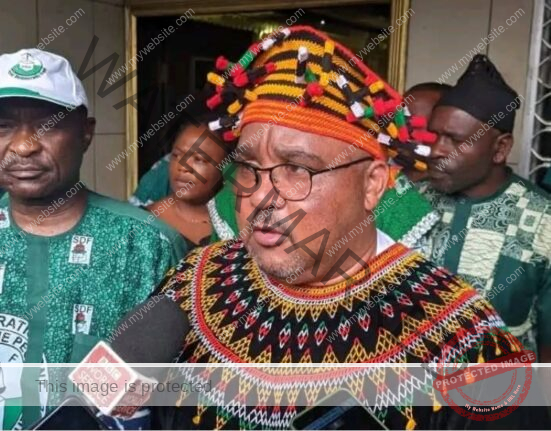
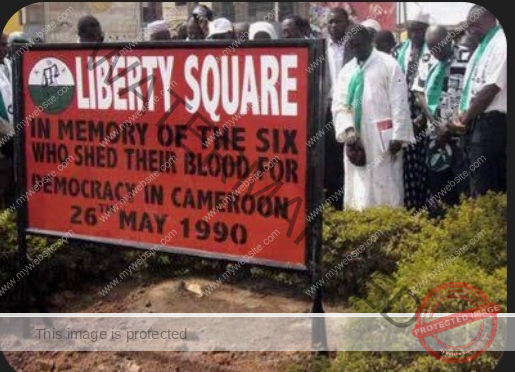
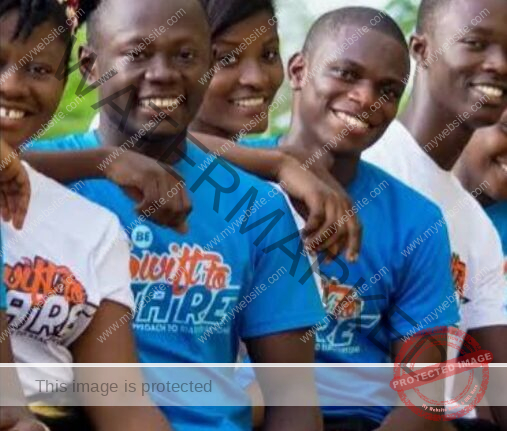

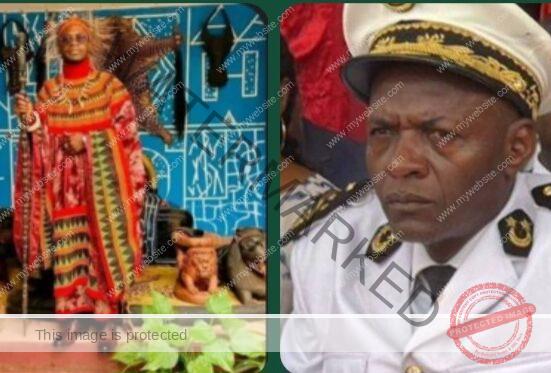
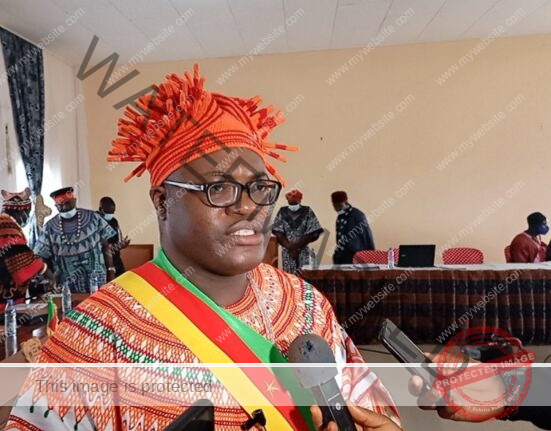

Leave feedback about this